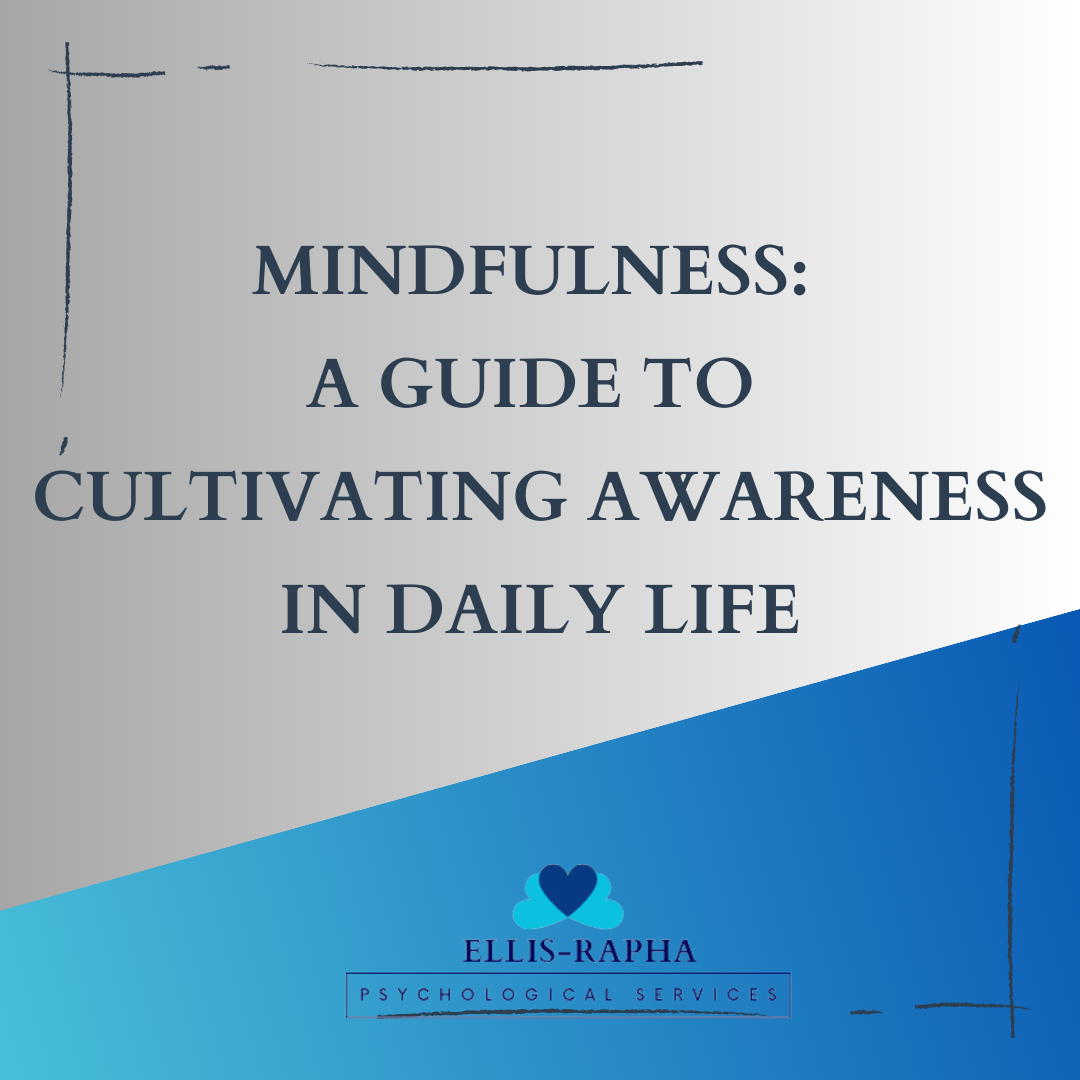With good reason, the term “mindfulness” has gained popularity in recent years. It focuses on bringing your attention to the present moment and objectively monitoring your thoughts, feelings, and environment, which are key components of the mindfulness technique. It can aid in stress reduction, focus and attention enhancement, and the development of a stronger sense of wellbeing. In this post, we’ll discuss what mindfulness is, why it’s good for you, and how to apply it to your life.
What is Mindfulness?
At its core, mindfulness is about being present and aware in the moment. Being mindful is fundamentally about paying attention to the here and now. It entails focusing your attention on the current moment on purpose while monitoring your thoughts and sensations without judgment. Increasing your awareness of your thoughts, feelings, and surroundings will help you better comprehend who you are and the world around you.
Benefits of Mindfulness:
The advantages of mindfulness practice are numerous. Among the most notable are:
Reduced anxiety and stress: It has been demonstrated that mindfulness is a powerful tool for lowering anxiety and stress. You can develop a sense of peace and relaxation by focusing on the here and now and impartially examining your thoughts and feelings.
Increased attention and concentration: By teaching your brain to remain present-focused, mindfulness can help you increase your focus and concentration.
Enhanced well-being: Practicing mindfulness can help you cultivate a greater sense of well-being by increasing your awareness of your thoughts and feelings and helping you develop a more positive outlook on life.
How to Practice Mindfulness:
Here are some tips for incorporating mindfulness into your daily life:
Start small: You don’t have to devote hours of your day to practicing mindfulness, so start small. Increase your daily mindfulness meditation practice time little by little, starting with just a few minutes.
Another way to develop mindfulness is to pay attention to your breath. Simply take a few deep breaths and pay attention to how your body feels as the air enters and exits it.
Observe your thoughts: When you’re practicing mindfulness, you’ll inevitably have thoughts and distractions pop up. Rather than getting caught up in them, simply observe them without judgment and return your attention to your breath.
Incorporate mindfulness into daily activities: You don’t need to set aside a specific time for mindfulness practice. You can practice mindfulness during everyday activities, such as brushing your teeth or taking a shower, by simply bringing your attention to the present moment and observing your surroundings.
While mindfulness can be incredibly beneficial, it’s not always easy to practice. Here are some tips for overcoming common challenges:
Resistance: If you’re having trouble getting started with mindfulness, it’s important to remember that resistance is natural. Instead of forcing yourself to practice, try to approach mindfulness with curiosity and openness.
Distractions: It’s common to experience distractions while practicing mindfulness. Rather than getting frustrated, simply observe the distraction without judgment and gently return your attention to your breath or your chosen focus.
Impatience: It’s easy to get impatient with mindfulness, especially if you’re not seeing immediate results. Remember that mindfulness is a practice that takes time and patience to develop.
Self-criticism: If you find yourself being self-critical while practicing mindfulness, try to approach your thoughts and feelings with compassion and kindness. Remember that mindfulness is about observing your thoughts without judgment, not trying to suppress them.
Conclusion:
Mindfulness is a powerful tool for improving your well-being and reducing stress and anxiety. By bringing your attention to the present moment and observing your thoughts and feelings without judgment, you can cultivate greater awareness and develop a more positive outlook on life. While mindfulness can take some practice, it’s a skill that anyone can develop with time and patience. By incorporating mindfulness into your daily life, you can enhance your overall sense of well-being and live a more fulfilling life.


